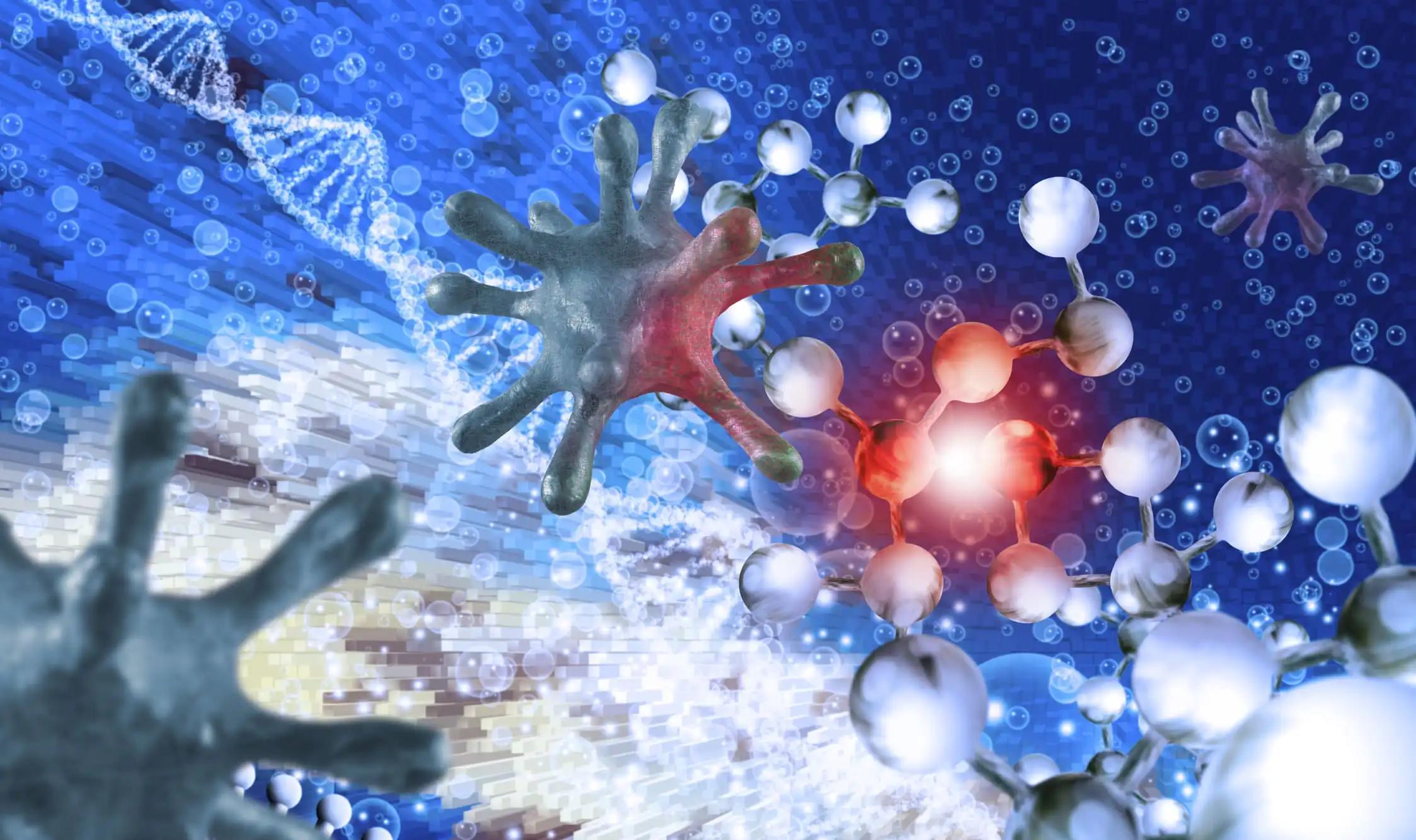KEY TAKEAWAYS
- STING phase I trial aimed to combine molecular data and clinical characteristics of CH in pts enrolled in phase I clinical trials.
- Retrospective analysis of medical records and molecular profiles to assess CH prevalence in pts enrolled in the STING trial.
- The study found that CH is common in pts with solid tumors treated in phase I trials, and its impact on patient outcomes is still being studied.
Clonal hematopoiesis (CH) mutations are common in patients(pts) with solid tumors, but their effect on patient outcomes is poorly understood.
Researchers aimed to combine molecular data and clinical characteristics of CH in pts enrolled in phase I clinical trials.
The study retrospectively gathered data from medical records and molecular profiles (Foundation One Liquid CDx Assay – 309 genes) conducted before initiating the first study drug at Gustave Roussy’s Drug Development department in Villejuif, France, as part of the STING trial (NCT04932525). The prevalence of CH was evaluated using a variant allele frequency (VAF) threshold of 1% in epigenetic modifiers (DNMT3A, TET2, and ASXL1).
About 255 pts had liquid biopsies, 55% were male, and their median age was 62 years (range: 24-86). The most common tumor locations were gastrointestinal (27%), genitourinary (21%), and thorax (18%). Before receiving the investigational study drug and undergoing CH assessment, pts had received a median of 2 prior treatment lines. The study reported that 81% of pts had discontinued phase I treatment, primarily due to disease progression. Overall,104 ( 41%) of pts exhibited at least one CH mutation in their liquid biopsy at baseline, with 55 (22%) pts having a variant allele frequency (VAF) of ³ 1%. The most frequent mutations were in DNMT3A 42%(n=23), ASXL1 in 38%(n=21), and TET2 in31%(n=17). 26 pts had co-mutations, the most common combination being DNMT3A + ASXL1. The median PFS was 3.7 months for the CH group and 3.5 months for the no-CH group (P=0.3), while the median overall survival (OS) was 24 months for the CH group and 15 months for the no-CH group (P=0.5).
The study found that CH is common in pts with solid tumors treated in phase I trials, and its impact on patient outcomes is still being studied.
Source: https://ascopubs.org/doi/abs/10.1200/JCO.2023.41.16_suppl.3056
Clinical Trial: https://clinicaltrials.gov/study/NCT04932525
Julieta Rodriguez, Arnaud Bayle, Arnaud Pages, Francois-Xavier Danlos, Damien Vasseur, Etienne Rouleau, Ludovic Lacroix, Beatriz Alonso de Castro, Vincent Goldschmidt, Lauren Seknazi, Antoine Hollebecque, Jean-Marie Michot, Stephane Champiat, Aurelien Marabelle, Kaissa Ouali, Christophe Marzac, Santiago Ponce Aix, Antoine Italiano, Jean Baptiste Micol, and Capucine Baldini. DOI: 10.1200/JCO.2023.41.16_suppl.3056 Journal of Clinical Oncology 41, no. 16_suppl (June 01, 2023) 3056-3056.



